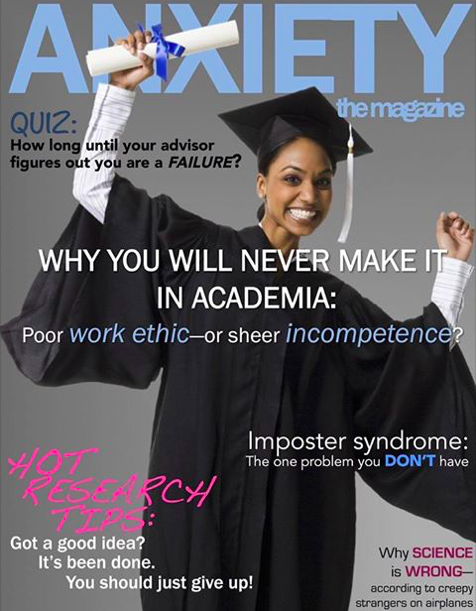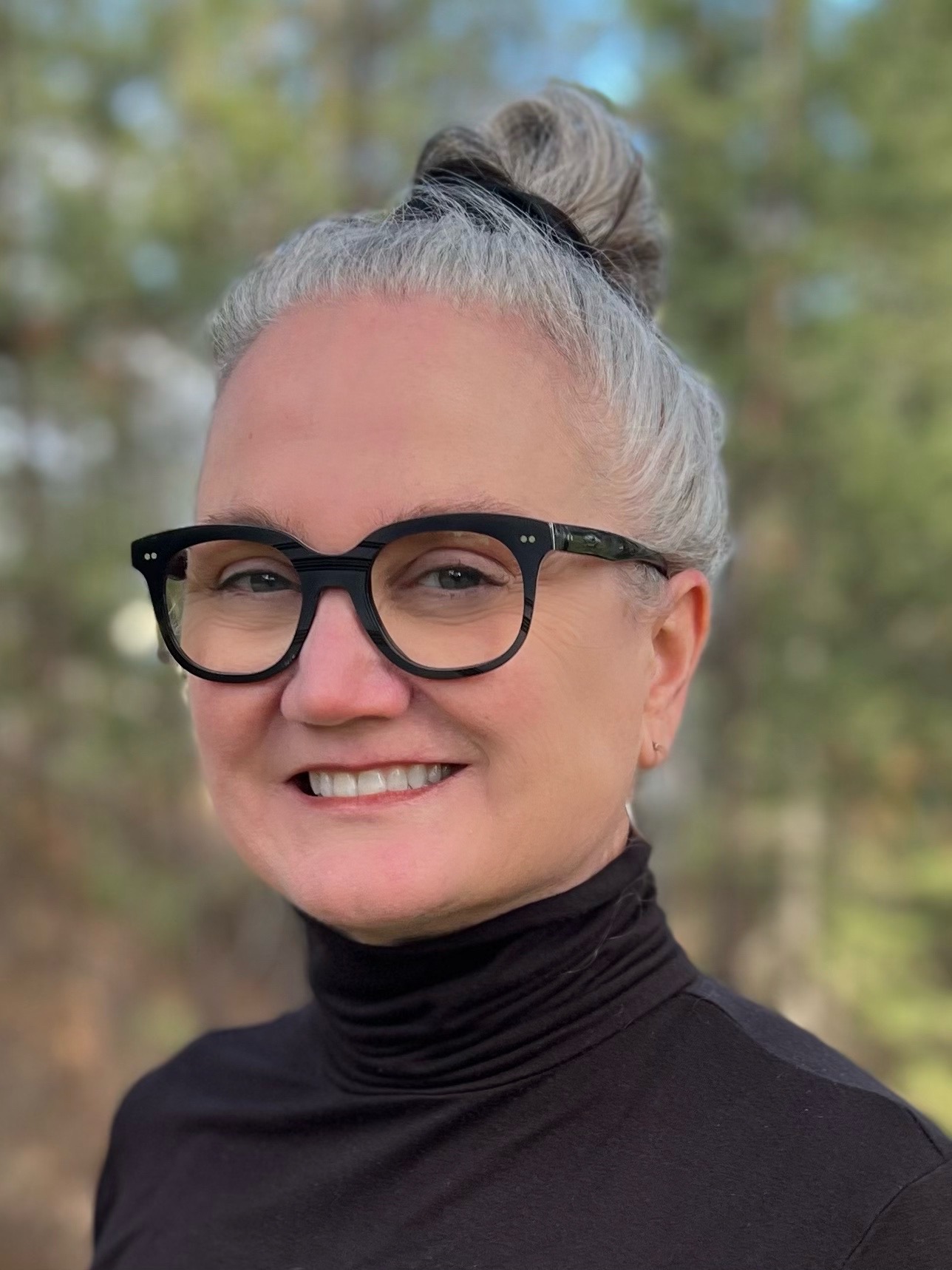
3260 Professional Practice Blog (Week 3)
In Chapter One of his book, The Skillful Teacher, Dr. Stephen Brookfield discusses “Growing into the Truth of Teaching” (pp. 8-11) from an experiential perspective. He explains truths as personal “understandings and insights” (p. 8) that stem from his 45 years as an educator. Brookfield goes on to list his important truths, and the ‘truth’ that affects me the most, and the one that I truly identify with is, “I will always feel like an impostor and will never lose the sense of amazement I feel when people treat me as if I have something valuable to offer” (p. 9). It’s been somewhat of a theme throughout my blog posts that while I know my subject well, I’m panicked at the thought of ‘putting my money where my mouth is’ and getting out of the sanctity of surgery, and actively pursuing a faculty position in a dental assisting program.
What Brookfield is referring to is called impostor[1] syndrome. Executive coach and writer Gill Corkindale explains,
“Imposter syndrome can be defined as a collection of feelings of inadequacy that persist despite evident success. ‘Imposters’ suffer from chronic self-doubt and a sense of intellectual fraudulence that override any feelings of success or external proof of their competence. They seem unable to internalize their accomplishments, however successful they are in their field. High achieving, highly successful people often suffer, so imposter syndrome doesn’t equate with low self-esteem or a lack of self-confidence. In fact, some researchers have linked it with perfectionism, especially in women and among academics” (2008, para. 3).
Perfect! I am a woman and an aspiring academic. Fortunately, I know my stuff, so why do I feel like an impostor? Why do I feel that I don’t have anything important to offer my learners? How do I overcome these feelings of self-doubt? Educator Jennifer Craven experiences what Brookfield describes as well, and in her 2014 online article she outlines a way to overcome impostor syndrome: She creates an alter ego for her self-doubt and names it “The Imposter,” and then simply ignores it by telling herself that The Impostor is not real and that it is not visible to others. I love easy fixes, but for me, I think that self-affirmations in this regard must be continuous 🙂
[1] impostor or imposter: both spellings are correct
References:
Brookfield, S. D. (2015). The Skillful Teacher (3rded.). San Francisco; Jossey-Bass.
Corkindale, G. (2008, May 7). Overcoming Imposter Syndrome. Harvard Business Review. Retrieved from https://hbr.org/2008/05/overcoming-imposter-syndrome
Craven, J. G. (2014, September 16). Overcoming the Imposter Syndrome: Advice for New Faculty. Faculty Focus. Retrieved from https://www.facultyfocus.com/articles/teaching-careers/overcoming-imposter-syndrome-advice-new-faculty/
👩🏻🏫For more on this topic, please check out my reflective essay on Impostor Syndrome posted on my 3260 page.

3 responses to “Impostor Syndrome”
Hi Kathryn, Since I started developing as a teacher I always have this self doubt on my effectiveness and ability to transfer my industrial experience and knowledge over to the students aspiring to join the trade. It consoles me to know that this feeling is experienced by other teachers as well. Thanks for sharing your thoughts in your blog.
LikeLiked by 1 person
Hi Kathryn, I just left a comment on your blog post. Forgot to write my name and email
LikeLike
Thank you Shashi!
LikeLiked by 1 person